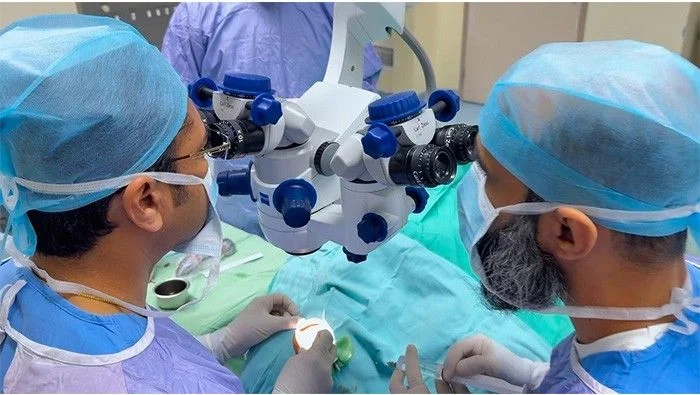Doha, Qatar – Qatar’s automotive Internet of Things (IoT) sector is rapidly expanding, with revenues projected to hit $369.93 million (QR1.3 billion) in 2025, according to Statista. The market is expected to grow at a 7.2% compound annual growth rate (CAGR) through 2029, reaching $488.51 million (QR1.7 billion) by decade’s end.
This surge aligns with Qatar’s smart city and digital transformation ambitions, particularly in Lusail and Msheireb Downtown Doha, where connected-car technologies like vehicle-to-infrastructure (V2I) communication and predictive maintenance are prioritized to enhance safety and traffic efficiency.
Abdul Hassan, General Manager at a luxury car dealership in Doha, highlighted that connected cars are becoming integral to Qatar’s urban infrastructure, communicating with traffic systems, emergency services, and parking. The Ministry of Transport actively supports IoT to reduce congestion, improve road safety, and prepare for autonomous vehicles through initiatives such as smart traffic corridors and real-time traffic monitoring.
Qatari consumers increasingly demand advanced connectivity features, with buyers focusing on how vehicles interact with city infrastructure, shifting the automotive sales approach in the region.
Despite optimistic growth, analysts warn cybersecurity, data privacy, and infrastructure readiness remain challenges, requiring coordinated planning and regulation.
With nearly half a billion dollars in market value anticipated by 2029, Qatar’s automotive IoT sector is poised to become a cornerstone of its economic diversification and smart mobility goals, making connected cars a fundamental part of everyday life.















